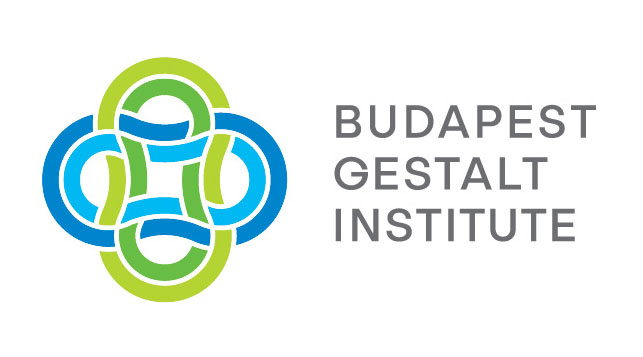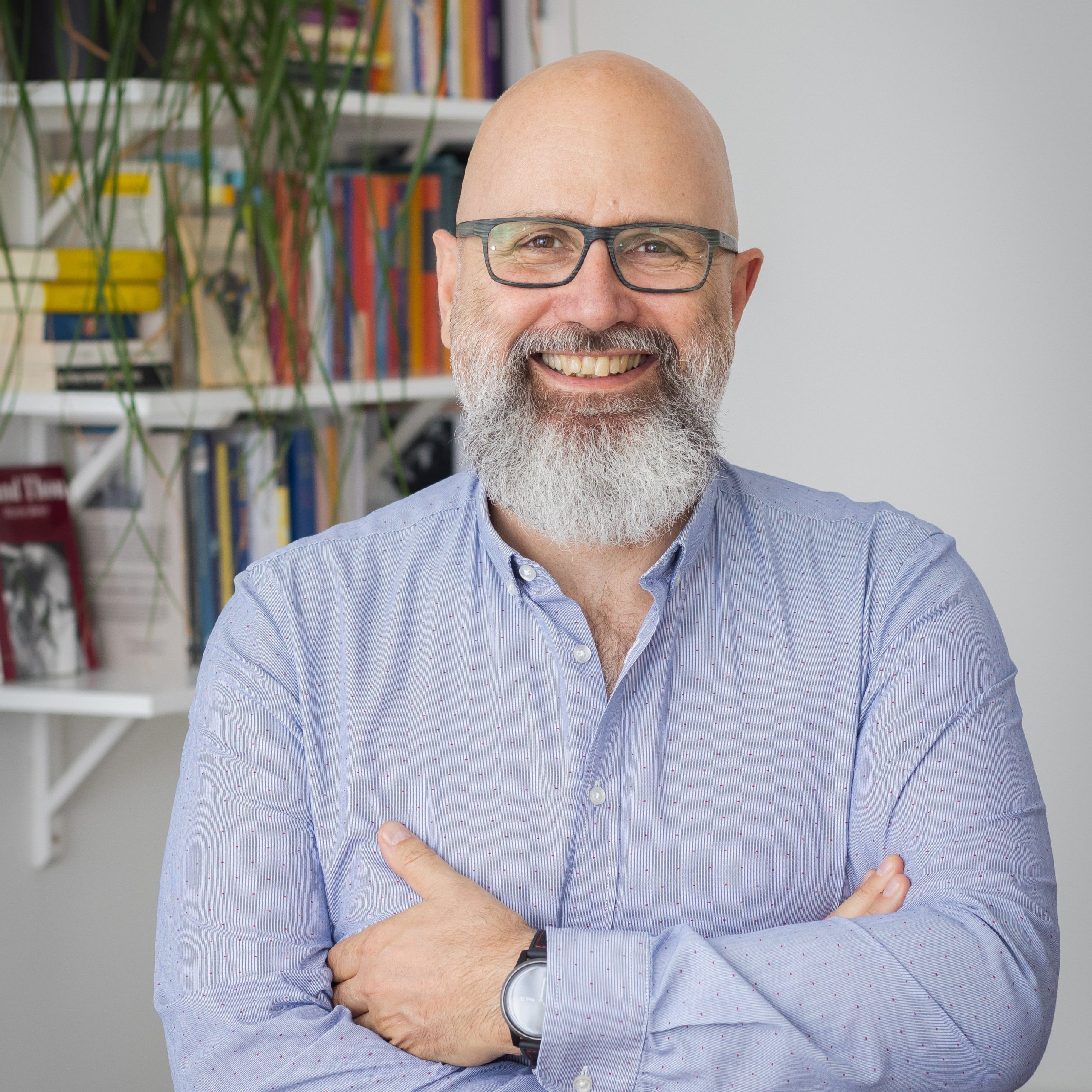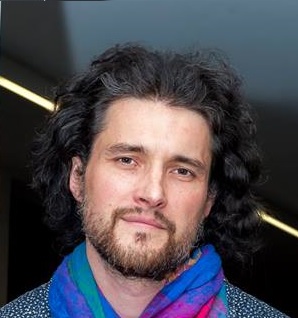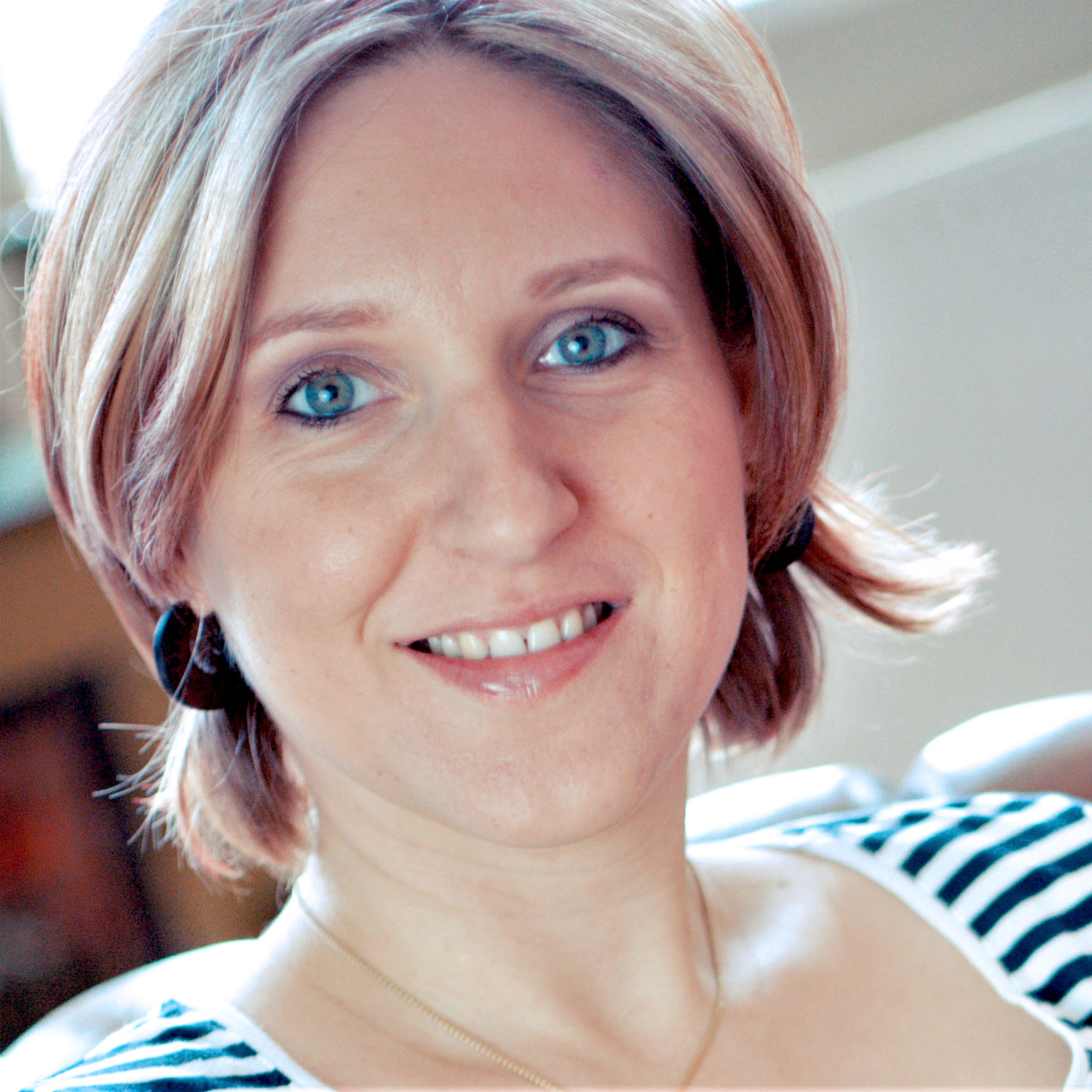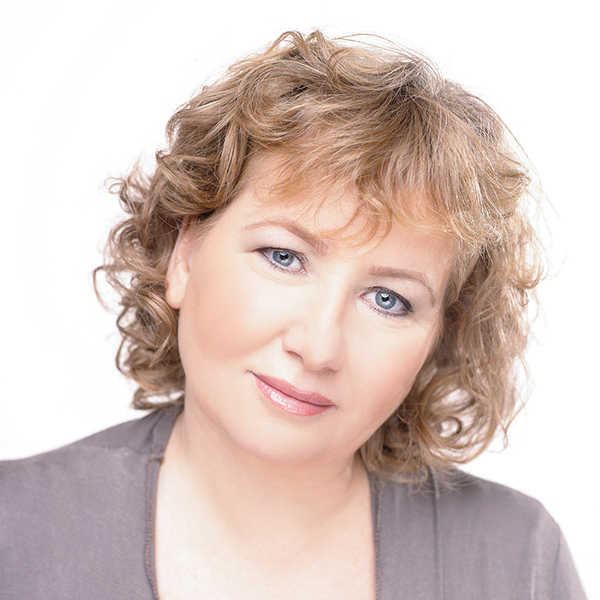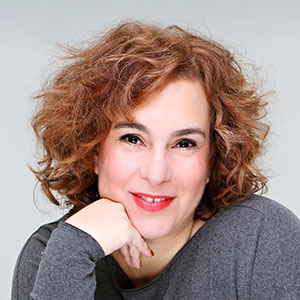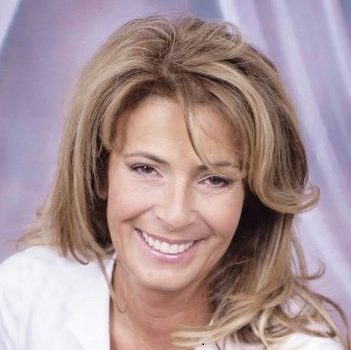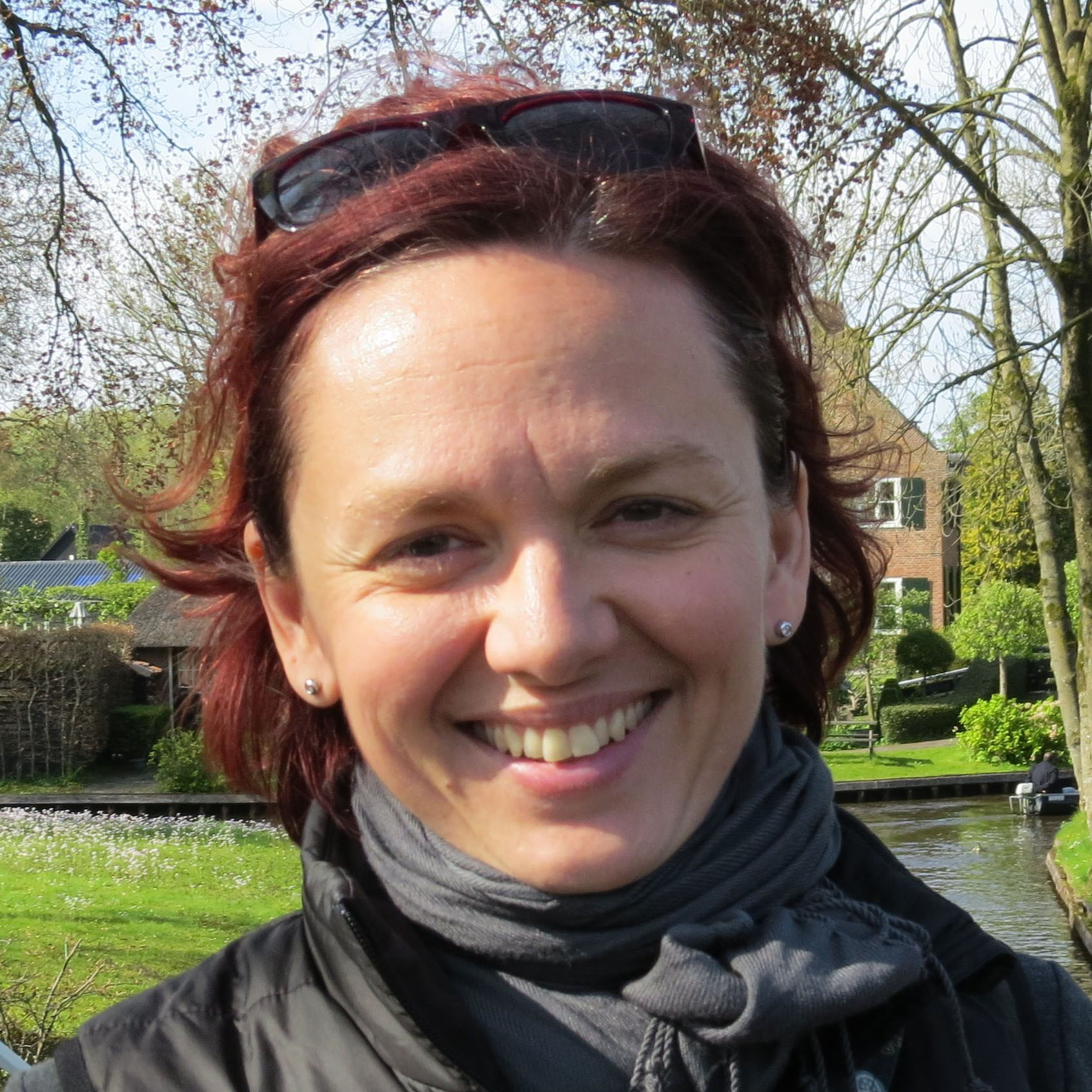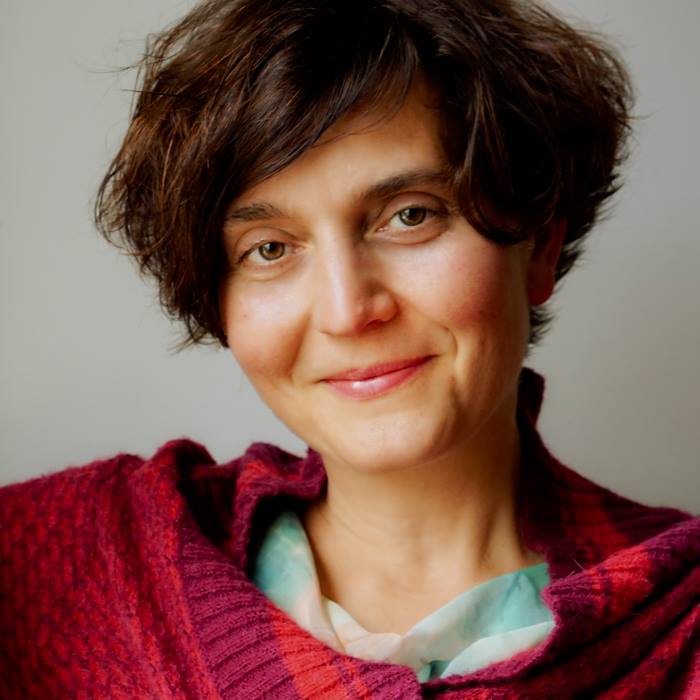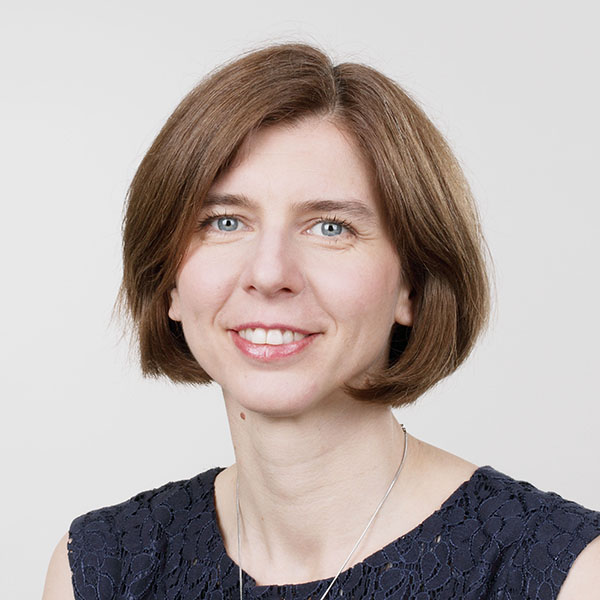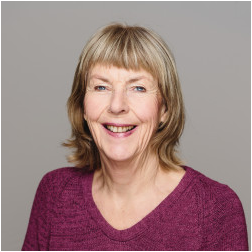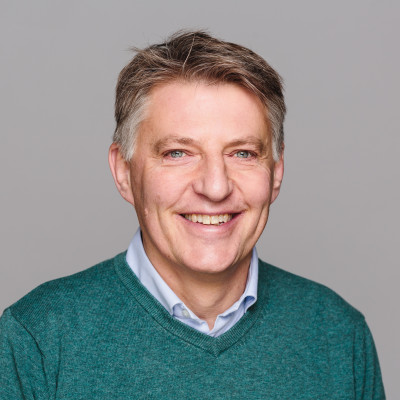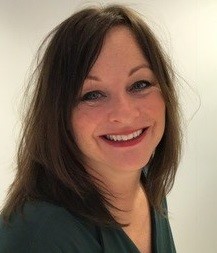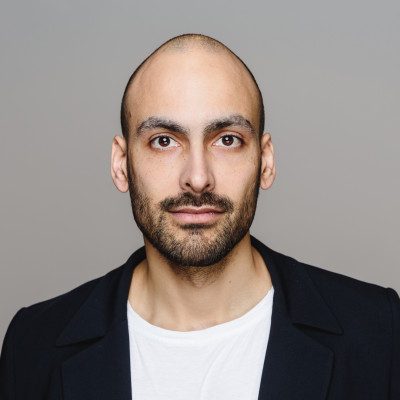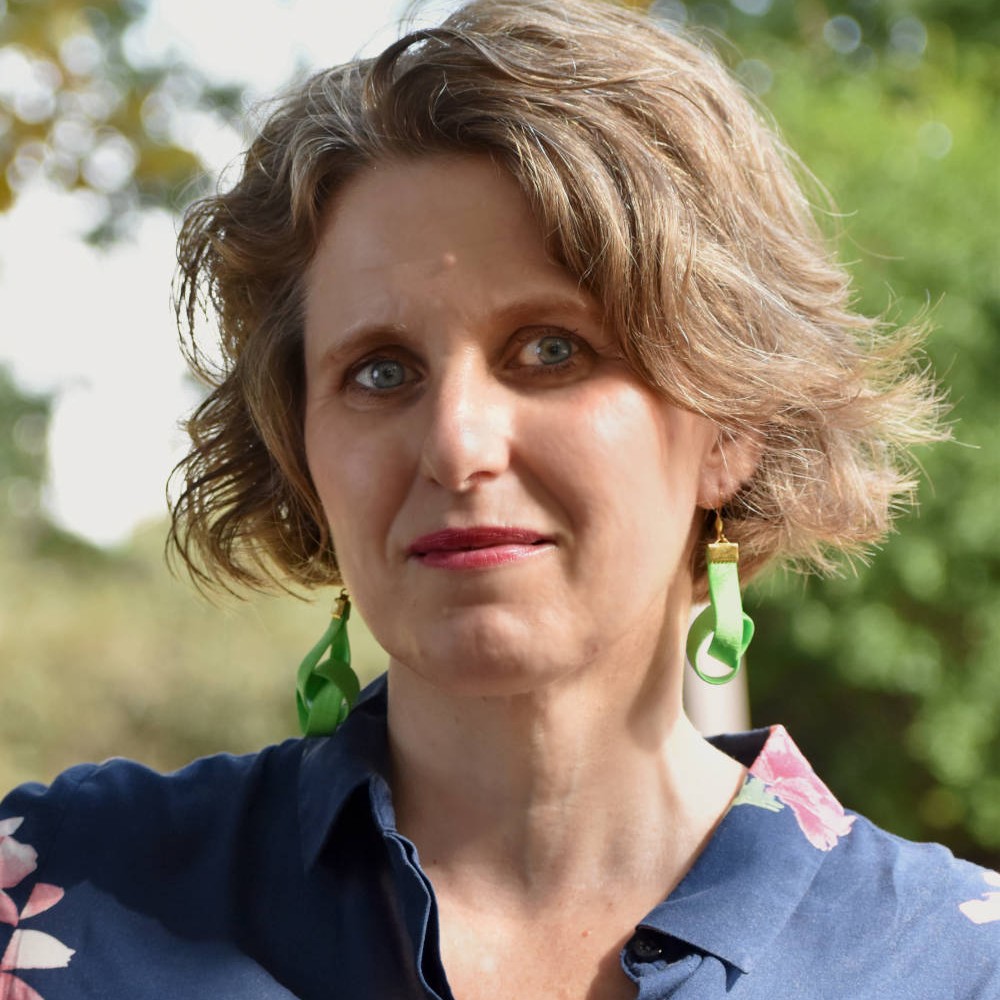Budapest Gestalt Institute
Our goal
The Budapest Gestalt Institute was founded in 2017 with the aim to train professionally qualified, credible and responsible Gestalt therapists, and through this to promote individual and social well-being in Hungary.
The Gestalt therapy training in Budapest in its present form, in professional cooperation with the Norwegian Gestalt Institute, was established between 2010-18 by the Hungarian Gestalt Association.
In 2018, the Budapest Gestalt Institute took over the organisation of the training from the Association, and the Norwegian Gestalt Institute took over the professional implementation of the training, to an increasing extent.
Our activities
- We train EAGT-accredited Gestalt therapists
- We cooperate with national and international professional organisations working with Gestalt
and other approaches. - We participate in research and publications.
- We work for the awareness and increasing acceptance of Gestalt therapy.



Professional staff of Budapest Gestalt Institute
The professionals working at the Institute are Gestalt therapists accredited by EAGT (European Association for Gestalt Therapy) and EAP (European Association for Psychotherapy), as well as trained therapy teachers and supervisors.
András Makai-Begidsán
supervisor
I am a Gestalt therapist and supervisor, with a long professional journey behind me. From the outside, my path may seem full of detours and changes, but inside I know that it has always been guided by a deep curiosity about myself and the people around me.
I feel it is my calling to shape and nurture the professional, ethical, and human dimensions of the Hungarian Gestalt therapist community.
As a supervisor, I support future colleagues in gaining insight into the beauty and challenges of this work, in experiencing and understanding their own boundaries more clearly, and in developing a realistic sense of both the rewards and the costs of this vocation.
Andrea Szabó
supervisor
As a Supervisor at BGI, supporting students to become authentic, creative, curious, grounded Gestalt Therapists through their transformational journey is very important to me.
I am a certified Gestalt therapist since 2014, and a certified Supervisor, since 2016, EAGT, EAP.I was trained by the Norwegian Gestalt Institute.
In addition to working as a therapist and supervisor, I am also an Executive Coach, PCC and a Career Coach, AC supporting mostly start-up and scale up founders and executive teams in the CEE and in the Baltic region. I have gained my Gestalt Coach certification from Ila Erős, Flow Coaching School in 2006.
Apart from working with a Gestalt focus, I am also proud to be a certified Jungian and Solution Focus brief Coach.
Leading self-awareness Gestalt workshops, as part of the curriculum, at the Aquincum Institute of Technology for American Ivy League University students is an exciting project since 2017. Teaching Gestalt Coaching to graduate students at Kodolányi University is a love project.
Excursions with my dog, frequent visits to the Opera house, relaxing in the South of France and sitting on the terrace of our house at Lake Balaton keeps me grounded and balanced.
Árpád Mondok
supervisor
As a Gestalt therapist, personal experience and its awareness, with the right intention and form, are truly constructive for me. When we meet, we go on a journey together to experience what is right for you, even if it involves exploring unknown territories. I’ve worked with many different people in different situations, and I’ve come to the point a long time ago that being in a really good relationship is about finding a common path and goal. Not as a leader and not as a leader. Together and my own. This insight changed my life and turned me into a Gestalt therapist.
Dia Bozsogi
trainer, co-founder, co-managing director
I started studying Gestalt in 2003, and although before that I encountered many trends in psychology, that’s when I felt that I had found home. I like that in Gestalt therapy the focus is on curiosity, the relationship lived in the here-and-now, and experimentation, and I enjoy the liberating power that I experience with my clients.
After my Gestalt therapist qualification, I also started working as a therapy trainer so that I could pass all of this on to others. I use the Gestalt approach in individual and couple therapy, as a supervisor, in leading groups, and in my organizational development and coaching work. I am one of the founding owners and co-managers of the Budapest Gestalt Institute.
Edit Moldován
trainer, co-founder, faculty lead
I started as a teacher, committed to the development and teaching of people. It was a very long, difficult, but incredibly exciting journey that led me to the point where, as a Gordon instructor, trainer, and then coach, I trusted the resources and wisdom of those who came to me. The experience of joint creation and real journey together as a partner was brought about by psychodrama leadership, organizational development, and then the Gestalt approach. Since then, I have been trying to “infect” the world with the Gestalt approach as an OD consultant, as an individual, couple and group therapist, as well as a supervisor. I am one of the founding owners, a trainer and one of the professional leaders of the Budapest Gestalt Institute.
My strengths are creativity, energy, playfulness, humor, trust, and the ability to give security.
In the course of my work, I support everyone taking more responsibility for themselves, their decisions, and their choices in their own lives. I started from the point that my job is to support others to change. Today I know that I can best support them so that they can be who they really are and do it with pleasure and love.
Judit Bence
trainer, co-founder
I first came across the Gestalt approach over twenty years ago, and it has shaped and guided my work ever since, whether I’m working with individuals, groups, or organisations. Over the past fifteen years, I’ve widened my scope by adding Gestalt therapist, supervisor, and teacher experiences to my background in HR leadership and organisational development.
For me, Gestalt is not just a method—it’s a constant reminder. It has taught me how to be present, to connect, to pause, to be seen, to question, to explore, and not to rush into immediate solutions. I believe change often begins quietly: with a different quality of attention, a small shift, or a new insight. It rarely arrives through dramatic gestures—it tends to emerge through subtle movements, often in the space of our relation. The field perspective supports me in this: helping me to see not just isolated individuals, but the shared space that forms between us, where these small but meaningful shifts can unfold.
As a teacher, I intend to offer experiential learning that is grounded in dialogue, curiosity, and humanity. What I hope to pass on in our trainings is the joy of discovery, the courage to experiment, and the acceptance of not being perfect. I believe in the power of presence and attention – what happens between us in the moment – and that this is where the deepest learning can emerge.
I also appreciate being part of an international Gestalt community. It inspires me to connect, to stay open to broader perspectives, and to embrace diversity in all its forms.
Judit Stefany-Tóth
supervisor
Throughout my life, I have dealt with people and researched the reasons and laws behind human functioning. My first straw is a lawyer. In the course of my legal work, I have noticed that most of the cases behind the clients who come to me are unresolved
human conflicts lie, so my interest turned more and more towards psychology. I started studying supervision at Károli Gáspár University, and then I got to know Gestalt at the Flow Coaching School. I was impressed by its humanistic, liberating power. I obtained an EAGT accredited Gestalt therapist and supervisor degree from the Norwegian Gestalt Institute College.
I have been working as a coach, supervisor and Gestalt therapist for ten years with top and middle managers as well as private individuals. The approach of Gestalt therapy makes thinking exciting, creative and powerful for me, it gives me new insights every day, and opens up new dimensions in my work and life.
I believe that we all have the ability to become more and more aware of ourselves, our relationships and our environment. I believe that through the growth of awareness and the power of presence, the freedom of choice and decision increases, through which we can live a more complete life. I believe it’s all up to us.
Kinga Sáfrány
trainer
I first encountered the Gestalt methodology in 2000, in America. Since then, I know that this is what I have always been looking for. It taught me to be in the present and accept what is. And boldly letting go of what no longer supports you. As a trainer, coach, therapist and therapy trainer, I enjoy following my curiosity. I like to experiment, aim for profound changes, and marvel at new possibilities together.
Orsolya Viga
trainer, co-founder
I’m a psychologist and Gestalt therapist. I teach Gestalt therapy at the Budapest Gestalt Institute, where I’m also one of the co-founders. After spending a few years in the Netherlands, I became involved in the international training program of the Nederlandse Stichting Gestalt Institute in Amsterdam as well.
I value diversity, freedom, clarity, and living life in its fullness.
Gestalt made me feel more at home in my own skin. I’ve become able to feel and think in many different ways – even holding seemingly contradictory experiences at once. I’ve learned to embrace the different parts of myself and to approach both my own and others’ vulnerability with greater compassion.
Réka Horosz
trainer
I believe in therapeutic relationships — in the idea that healing and learning often occur through certain significant people. Finding the right person with whom this process can unfold is one of the most essential parts of therapy. What I love most in my work is engaging with people rather than applying techniques. I am drawn to the possibility of creating space for individual discoveries that broaden a person’s range of choices. My imagination is sparked by the search for the smallest and most fitting impulse that can bring about change. Much like when I used to design clothing, I am fascinated by the way something — whether a garment or a therapeutic moment — can be crafted to best suit an individual’s own unique way of being.
I have been teaching at the Gestalt Institute since 2022. I have been working in private practice as a Gestalt therapist since 2015, and since 2023, have also been practicing as a couple’s therapist, and as a supervisor. After completing my Gestalt therapist training at the Norwegian Gestalt Institute (NGI) in 2017, I pursued a two-year supervision training course at the NGI, which I completed in 2024; and a two-year couples therapy training at the Gestalt Integrative Institute. I also received specialized training on panic disorder in Zagreb under the guidance of Gianni Francesetti, PhD.
I am a member of both the EAGT (European Association for Gestalt Therapy) and the EAP (European Association for Psychotherapy), and I am participating in a research project conducted under the auspices of the EAGT.
I graduated from Eötvös Loránd University (ELTE) with a degree in Hungarian and German studies. I later completed training as a body-oriented therapist in Denmark and New Zealand. I have been practicing Tai Chi Chuan, as well as authentic modern dance forms for over 20 years.
Rita Jókay
I am an OD consultant, coach, therapist, couple therapist and supervisor. In all areas of life, I am interested in how I can create change, how I can support development. My work is often driven by natural interest and curiosity. I can mobilize a lot of energy and a lot of courage to make something come alive or change. I strive to work together in a liberated, creative way, and to look at each other again and again with the intention of discovery.
At the Budapest Gestalt Institute, I support the professional development of students as a supervisor.
Tamás Avar
trainer
I first encountered Gestalt more than a decade ago. He grabbed me immediately, and then I fell in love with him. Until then, I didn’t really know how much I experience the world and my own existence in it through the filter of my thoughts and judgments. How little I am really present in it and to ‘what is’.
Through Gestalt, another world was revealed, which of course had always been there. The world of direct sensory experience, primary experiences coming through my body and non-judgmental curiosity towards them. That changed everything. Softened and strengthened. It made it real and alive.
The world of Gestalt is a wonder. A simple but great miracle of existence and connection. In my professional work, just like in other areas of life, it provides an invaluable perspective and a practical toolkit.
I am currently participating in the life of the Institute as a trainer. This gives me the opportunity to contribute to spreading the beloved methodology and modality as widely as possible, and also to remain a student forever.
Ila Erős
Ila Erős was our co-founder in establishing Budapest Gestalt Institute, between 2017 and 2020 – as long as her illness allowed – she also worked as a trainer.
She started studying Gestalt therapy in the 2000s, and the introduction of Gestalt Therapy Training to Hungary is largely linked to her name. She was also a founding member and president of the Hungarian Gestalt Association. Her professional publications can be read in the journal Psychotherapy, of which he was a member of the editorial board until his death in 2020.
International guest trainers – in cooperation with the Norwegian Gestalt Institute (Norsk Gestalt Institute)
The professionals working at the Institute are Gestalt therapists accredited by EAGT (European Association for Gestalt Therapy) and EAP (European Association for Psychotherapy), as well as trained therapist teachers and supervisors.
Ann Kunish
Ann Kunish (born 1964) is an internationally approved Gestalt psychotherapist (NGI 2019) as well as a Gestalt coach (NGI 2016) and supervisor (NGI 2021). She has also completed the Institute’s two-year advanced study for therapists (International Training Programme, 2020) and is currently studying psychopathology and development with Margherita Spanguolo Lobb at the Istituto di Gestalt in Italy (2019-2023). She also has master’s degrees in philosophy (East Asian linguistics/Chinese) from the University of Oslo (2011) and music performance from the Norwegian Music Academy (1991).
Ann teaches at the Norwegian Gestalt Institute and is in private practice in Oslo where she sees individuals and couples. Ann is especially interested in psychopathology seen in a Gestalt perspective.
Gro Skottun
trainer
Gro is a social worker, gestalt therapist, MSc, PhD, co-founder (1986) and co-owner of Norsk Gestaltinstitutt – Høyskole (NGI), Oslo, where she works as a trainer, supervisor and researcher. She has also been supervising and teaching international for many years and work since 2010 in Budapest in the gestalt therapy training program created by NGI for the Hungarian Gestalt Association (HuG) and now for Budapest Gestalt Institute (BGI). She is co-author of a Norwegian text-book about gestalt therapy, has published several articles and is the editor of Norsk Gestalttidsskrift. She has been the president of an international organisation for gestalttherapy, FORGE, for five years and a member of the complaint committee for EAGT six years.
Hans Petter Frydenberg
trainer
Hans Petter has been affiliated with NGI (Norwegian Gestalt Institute) since 2006 and is currently a teacher in NGI’s therapy and post-graduate training programs. He is responsible for the academic content and teaches in the school’s supervisor training, both in Norway and internationally. As of 2024, he serves as the school’s faculty supervisor.
Since 1996, he has worked as a Gestalt therapist in private practice, offering therapy, supervision, and courses. He runs iProsess, Center for Gestalt Therapy and Development in Oslo.
After completing his therapy training at NGI in 1997, he completed NGI’s two-year post-graduate program and two-year supervisor training. Within the NGI framework, he also participated in a research methodology course with Ken Evans, PhD, at the Sherwood Psychotherapy Institute in 2003. He studied Developmental Somatic Psychotherapy – a two-year advanced training program – with Ruella Frank, PhD, at the Center for Somatic Studies in New York, USA, from 2004–2006, and participated in postgraduate workshops from 2008–2010. He also studied with Brid Keenan at the Gestalt Centre Belfast, Ireland, in the Impact of Trauma – a two-year training program from 2012–2014. From 2016–2018, he studied with Margherita Spagnuolo Lobb, PhD, and Gianni Francesetti, PhD, at the Istituto di Gestalt, Italy, in the Gestalt Therapy Approach to Psychopathology and Contemporary Disturbances – a two-year training program.
Hans Petter is a member of NGF (Norwegian Gestalt Association), EAGT (European Association for Gestalt Therapy), NFP (Norwegian Association for Psychotherapy), and EAP (European Association for Psychotherapy), and holds the European Certificate of Psychotherapy (ECP). For many years, he has served on the board and been active in councils and committees within NGF.
His previous experience includes four years as a milieu therapist with various responsibilities in municipal psychiatric services. He later worked as a supervisor in the same service, in child welfare, and in other public and private institutions. His academic background includes university and college education in theatre studies and communication and media, education in TV and video production, as well as professional experience in leadership, administration, and stage technology.
Vibeke Visnes
trainer
Vibeke Visnes has a Master in Gestalt (2012) from Metanoia Institute, London and is presently undertaking a Dr. Psych by Professional studies at the same institute. She is researching couple’s therapy in a Gestalt framework. She is also a certified clinical couple´s therapist from Metanoia Institute.
Vibeke is an internationally approved Gestalt Psychotherapist (NGI, 2002 – 2009 (including maternity leave)), has done Advanced Gestalt training (NGI, 2012-2014), Gestalt Supervision training (NGI, 2015- 2016), Developmental Somatic Psychotherapy Advanced training with Ruella Frank (2014 – 2016) and is presently doing Supervision training with Marghuerita Spagnuolo-Lobb. She has her own practice in Oslo and teaches at the Norwegian Gestalt Institute.
Her main focus in Gestalt is the phenomenological perspective, relation and contact. She is attentive to how Gestalt can be in dialogue with other psychotherapeutic modalities and psychological theory without loosing the aestethics and uniqueness of the phenomenological method.
Vikram Kolmannskog
trainer
Vikram is a trained lawyer (LL.M.) specializing in human rights from the University of Oslo and the London School of Economics. In addition, he has studied the history of ideas, Spanish, pedagogy, psychology, and the history of religion. He received his doctorate (Dr.philos.) in 2014 from the Department of Criminology and Sociology of Law at the University of Oslo. In his doctoral research, he examined the situation and rights of so-called climate refugees. He qualified as a Gestalt therapist in 2014 and as a Gestalt supervisor in 2018, both from NGI (Norwegian Gestalt Institute). In 2015, he was appointed Associate Professor of Gestalt Therapy at NGI. In March 2022, he was promoted to Professor of Gestalt Therapy.
The main focus of Vikram’s work is research, teaching, and supervision in the therapy education program. He has previously chaired the R&D Committee at NGI. He participates in conferences, both nationally and internationally, and is an active public communicator through podcasts, opinion pieces, and more.
His main research interests include:
-
Children and parents
-
Gender, sexual, and relational diversity in therapy
-
Ecology and therapy
-
Mindfulness/meditation and therapy
Vikram has a number of scientific publications and is the author of, among other works, The Empty Chair: Stories from Gestalt Therapy (Flux, 2015).
Milena Milankovics
co-managing director
My life has always been driven by a deep curiosity to observe, explore, and understand the interconnectedness of the world – whether in bodily processes, human relationships, or natural ecosystems. My professional path began with a strong dedication to corporate processes, information systems, and organizations. Although I remain enthusiastic about these systems, my focus soon shifted toward the people who create and operate them.
I first began applying the Gestalt approach as an organizational development consultant and leader, where I experienced how deeply and effectively it supports individual, group, and organizational-level change. This experience naturally led me to complete my Gestalt therapist training in 2014.
Since 2015, I have been living in the Netherlands, near Amsterdam. Whether as a Gestalt therapist, co-founder of the Hekate Conscious Ageing Foundation, or, since June 2025, as Executive of the Budapest Gestalt Institute, what gives meaning to my everyday work is being actively engaged in and supporting individual, community, and societal processes where presence, connection, and awareness allow real and positive transformation to emerge.
Kata Lukács
program coordinator
Andrea Somogyi
finance & administration
